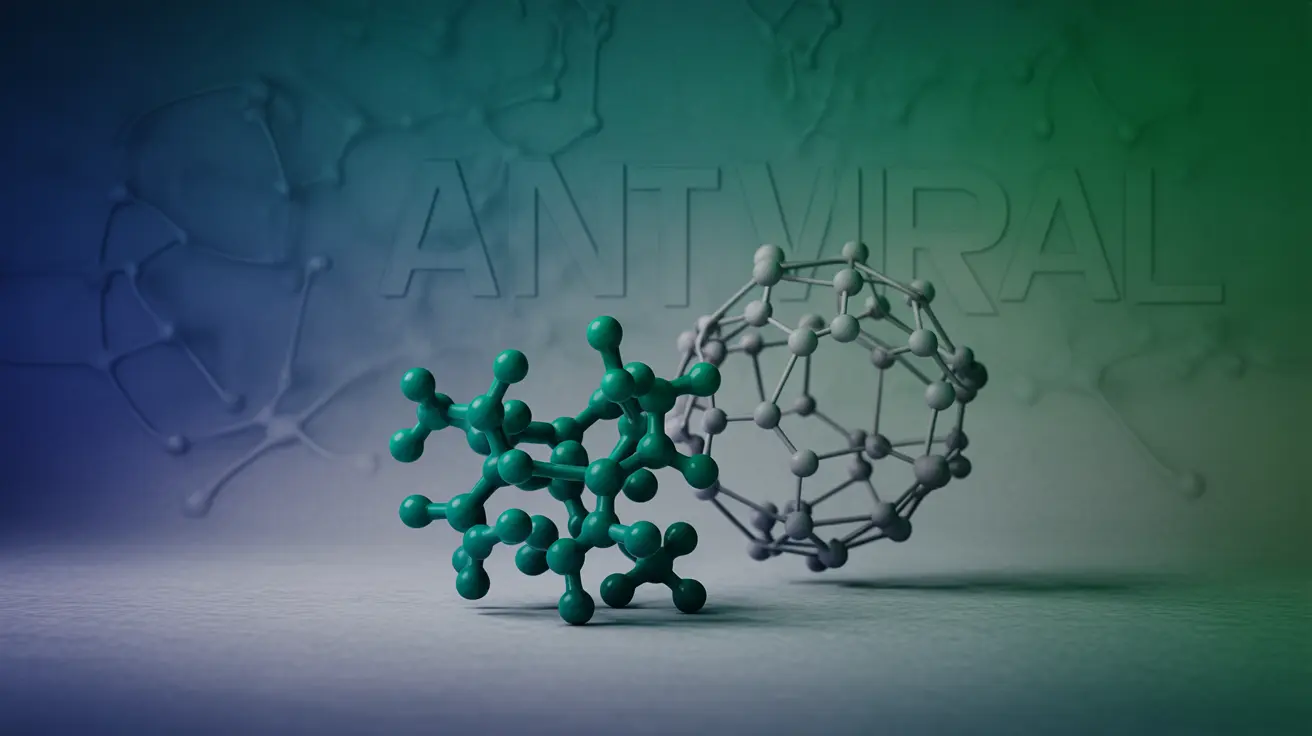L-lysine is an essential amino acid that has gained attention for its potential antiviral properties, particularly in fighting certain viral infections. While many people turn to lysine supplements hoping to combat viruses, it's important to understand exactly how this amino acid works and what scientific evidence says about its effectiveness.
This comprehensive guide examines the relationship between L-lysine and viral infections, exploring its mechanisms, benefits, and limitations as an antiviral supplement.
How L-Lysine Works Against Viruses
L-lysine doesn't directly kill viruses, but rather works by potentially interfering with their ability to replicate and spread. The amino acid competes with arginine, another amino acid that many viruses need for replication. By maintaining higher levels of lysine in the body, you may help create an environment less favorable for viral growth.
The Lysine-Arginine Balance
The effectiveness of L-lysine largely depends on maintaining an optimal lysine-to-arginine ratio in your body. When lysine levels are higher than arginine, it may help suppress viral replication in certain types of infections, particularly herpes simplex virus (HSV) and varicella-zoster virus (VZV).
L-Lysine's Effect on Different Viral Infections
Herpes Simplex Virus
Research shows the most promising results for L-lysine in treating HSV infections, particularly cold sores. Some studies suggest that lysine supplementation may help reduce the frequency and severity of outbreaks when taken regularly.
Shingles (Varicella-Zoster Virus)
While some people use L-lysine for shingles treatment, the scientific evidence supporting its effectiveness is limited. Any benefits may be related to its general immune-supporting properties rather than direct antiviral effects.
Recommended Dosage and Usage
The typical recommended dosage of L-lysine for viral infections ranges from 1,000 to 3,000 mg daily, divided into multiple doses. However, it's crucial to consult with a healthcare provider before starting any supplement regimen, as individual needs may vary.
Safety Considerations
- Stomach upset
- Diarrhea
- Abdominal pain
- Nausea
Maximizing L-Lysine's Benefits
- Maintaining consistent daily supplementation
- Taking it on an empty stomach
- Reducing intake of arginine-rich foods during active infections
- Combining it with a balanced diet and healthy lifestyle
Frequently Asked Questions
Does L-lysine effectively kill or stop viruses like the varicella-zoster virus that causes shingles? L-lysine doesn't directly kill viruses but may help inhibit their replication by competing with arginine, which viruses need for reproduction. Evidence is strongest for HSV infections, with limited proof for shingles.
Can taking L-lysine supplements help treat or speed up recovery from shingles? While some people report benefits, scientific evidence specifically supporting L-lysine for shingles treatment is limited. It may offer indirect support through immune system enhancement.
What is the recommended dosage of L-lysine for managing herpes virus infections such as cold sores or shingles? The typical recommended dosage ranges from 1,000 to 3,000 mg daily, divided into multiple doses. Always consult a healthcare provider for personalized dosing recommendations.
How does L-lysine work in the body to affect viral infections like herpes simplex or shingles? L-lysine works primarily by competing with arginine, potentially creating an environment less favorable for viral replication. It may also support immune system function.
Are there any proven benefits or risks of using L-lysine as a natural remedy for viral infections? The strongest evidence supports L-lysine's use for HSV infections. While generally safe, potential risks include digestive issues and interactions with certain medications. Benefits appear most pronounced when used preventively rather than as acute treatment.




